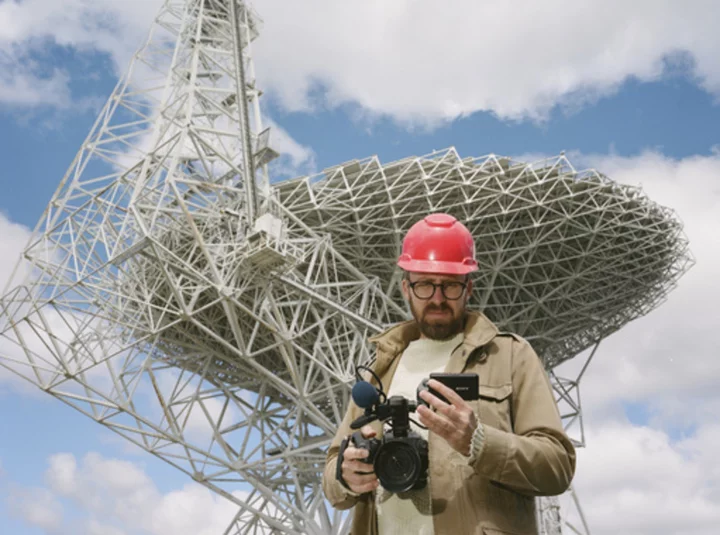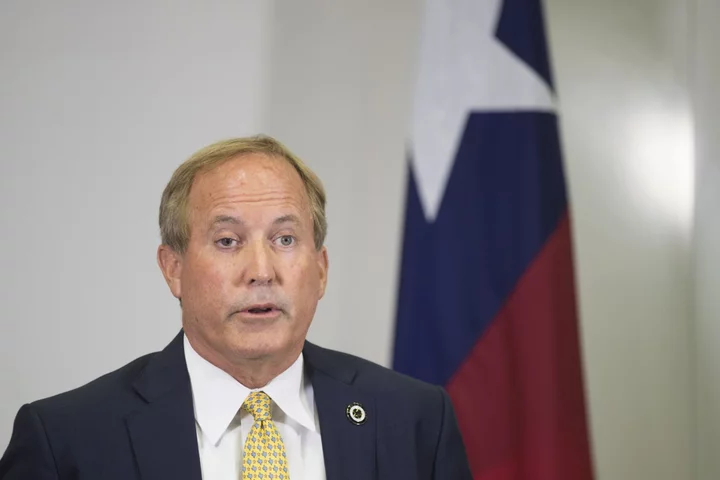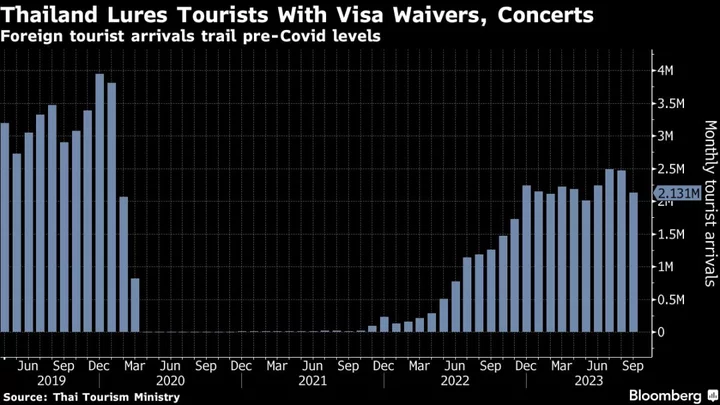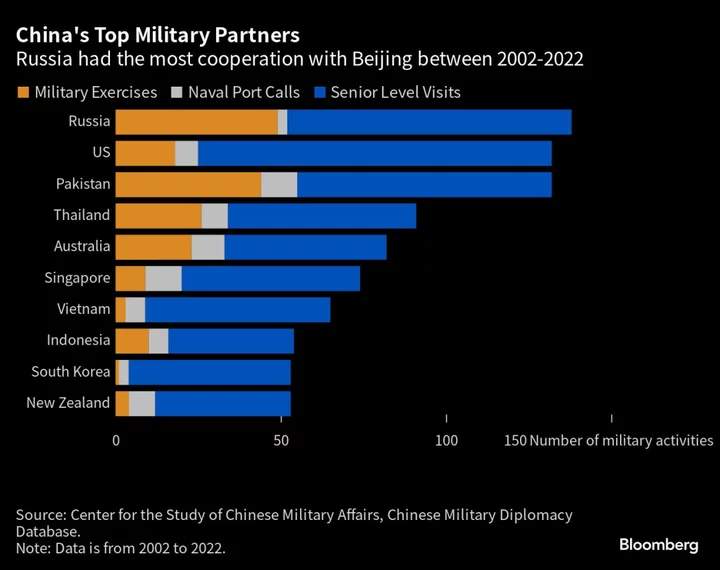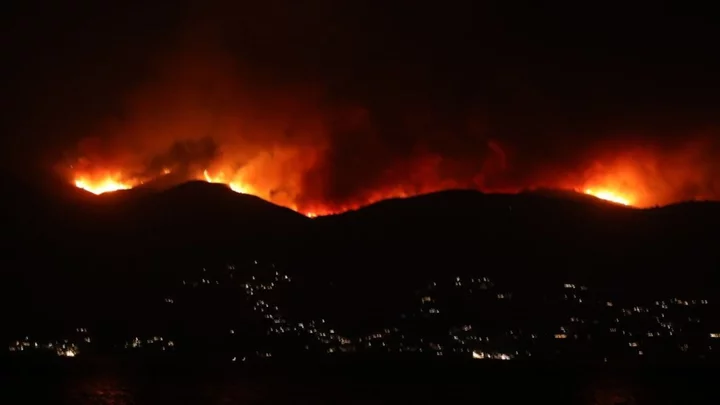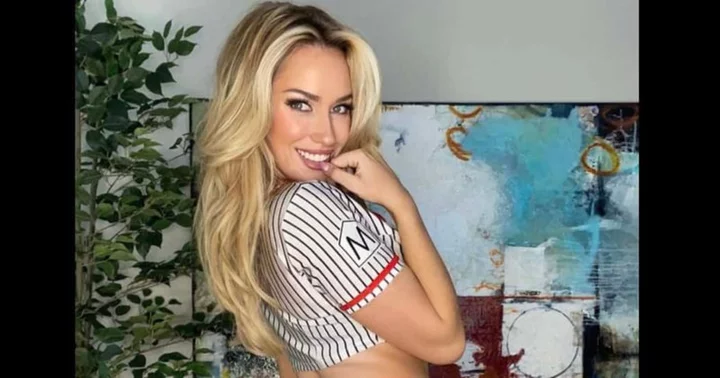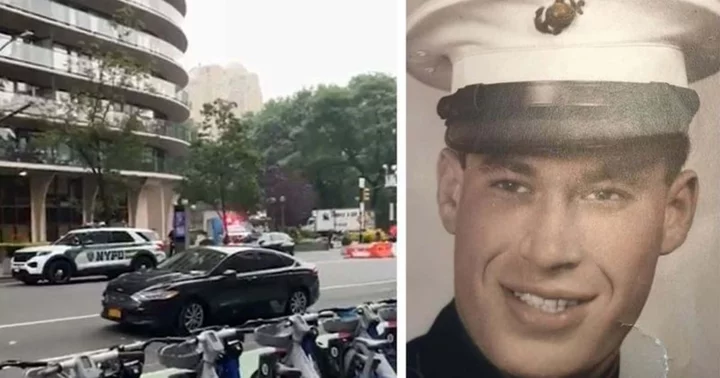LOS ANGELES (AP) — As John Wilson gears up to premiere the third and final season of his cult documentary series, “How To With John Wilson,” the filmmaker reflected on how a video camera changes people’s behavior — and how he exploits that for his show.
Each episode of the Emmy-nominated series starts off as a kind of “how to” video, but inevitably devolves into a hilariously bizarre and shocking portrait of humanity. In an interview with The Associated Press, Wilson shared how his style of cinematography was influenced by his time working for a private investigator, as well as his thoughts on how artificial intelligence will impact the future of filmmaking.
Season three of “How To” premieres July 28 on HBO and Max. The interview has been edited for clarity and brevity.
AP: How are you feeling going into this final season?WILSON: I cannot wait for it to come out. I have been sitting on this for a few months now, and there’s just so much I want to talk about with it. I think it’s the best season yet. I can’t wait.
AP: I used to be a videographer and I covered breaking news for AP for a long time. The whole idea of that job is I’m coming into a situation with a camera trying to document it and I’m trying to not change it. But I’ve thought a lot about the ways that bringing a camera into a situation inherently does change it. I’m curious about the ways you’ve thought about that.WILSON: I’ve spent a lot of time in the documentary world and reading interviews and talking to people and studying what people do. And I just find it so weird when people try to ignore the fact that the presence of a camera does fundamentally change the energy in a room. And so rather than trying to disguise that, I really like to lean into that instead, because the tension that a cameraperson creates, I find really interesting. And being able to have that be an element that makes something more dramatic is something I’m surprised more people don’t do.
AP: So you’re saying you like to exploit that?WILSON: Yeah. I personally try to remove as much artifice as I can within the work and that’s a huge part of it. It’s kind of funny. Sometimes I’ll interview someone and they already know the show and they may have even seen it. But other times, I’ll get through an entire interview with someone, and they’ll ask, ‘So who’s the host of this show?’ And I’ll be like, ‘Oh, it’s me.’ And they’ll be like, ‘Why don’t you have a cameraperson? Can you not afford one?’ And I’m just like, ‘Oh, no, I prefer this.’ And in their eyes, they just think that I’m like a really talkative cameraperson that’s about to lose their job because I keep interrupting the shot.
AP: Do you go through each episode chronologically when you’re making it, or is it like you have all these different threads that you’re balancing at once?WILSON: Everything is happening at the same time. I’ll have six different episode titles in my head. And maybe I’ll see someone underneath scaffolding, for example, and I’ll maybe start talking to them about scaffolding and maybe they don’t have a very interesting take on it. So then I cycle through five episodes worth of questions because maybe I can still use them for something. And I have other people to help, other producers and stuff. And then it doesn’t really begin to congeal or take any shape until we’re in the edit. But I’m always shooting and editing with the editor simultaneously, and I have to tell them exactly what everything is for. So everything is happening at the same time. That’s the only way it can really happen.
AP: In light of conversations about AI that are obviously big right now, I’m curious about your thoughts on the future of filmmaking as it relates to that.WILSON: I feel like AI is this unstoppable thing in a way. And I think it’s up to the the filmmakers and the people creating this stuff moving forward to deliberately make human work. And I think people respond really well to that for a reason. I feel like there is eventually going to be some kind of division about what we choose to consume. And that may mean that the human stuff is made for no money because nobody wants to make it anymore. But that’s just the choice that creators will have to make.
AP: I know this is going back kind of far, but I was curious about how you got the job for the private investigator after film school.WILSON: I found it on the etc. section of Craigslist classifieds, the place where they put work that can't be categorized into any other area. It was for a video editor. And I went in and interviewed and I got the job and then when I asked what the company even was, they told me it was a private investigation agency. And that’s when I realized I wanted to stay.
AP: And you feel like that experience informs how you think about and do your work now?WILSON: Yeah. I mean, it made me kind of want to shoot everything in a similar style or from a certain distance. There was just something really electrifying about watching people from a certain perspective that I wanted to mimic somehow.
AP: You and “How To” executive producer Nathan Fielder seem like you have very similar affects. Did you guys hit it off immediately?WILSON: Yeah, Nathan and I have similar personalities. I think we connected on the kind of stuff that inspires us and the kind of media we consume and stuff like that. And I was obviously a huge fan of his show. It took me a minute to figure out who he really was because I had this idea from watching his show and and it just took me a moment to kind of separate that from who Nathan actually is. He’s very smart and sensitive and has a very good work ethic and just does not settle. The intensity he brings to a project is really cool and the show would have been a mess if I was the only person at the head of it. Together, we set what the rules were for the show and that was a really cool thing to understand what our value systems were and pairing those together.

